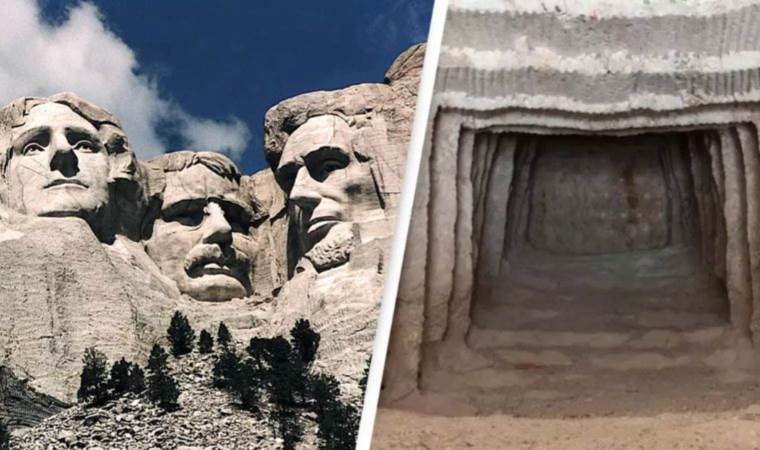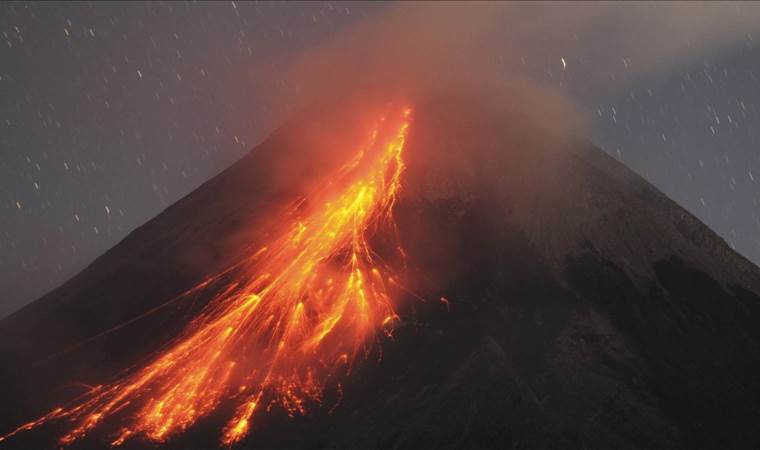Defecating on Mount Everest is being banned
As complaints about human waste increase, new rules require climbers to bag their feces and carry it with them. Nepalese authorities have stated that those climbing Mount Everest will now have to clean up their feces and bring it back to base camp for disposal.
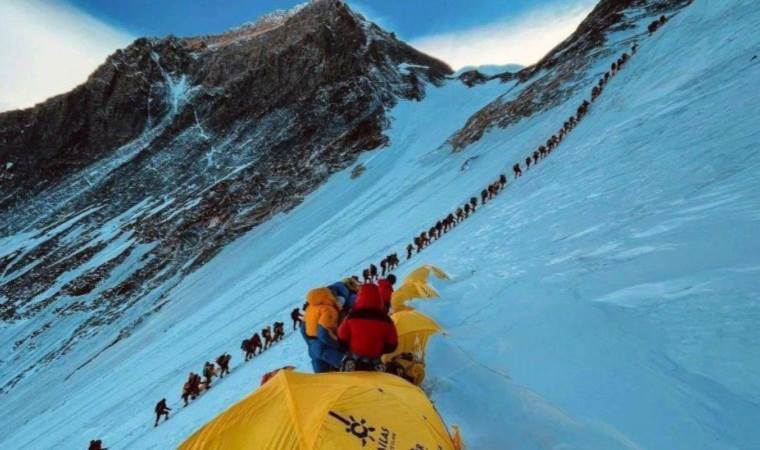
Pasang Lhamu municipality mayor Mingma Sherpa told the BBC, "Our mountains have started to smell."
The municipality, which covers a large part of the Everest region, has implemented this new rule as part of broader measures being enforced. Due to the extreme cold, feces left on Everest do not decompose completely.
"We receive complaints about human feces seen on the rocks and some climbers getting sick. This is unacceptable and damages our image," Mingma said.
Climbers ascending Mount Everest and the nearby Lhotse Mountain will have to purchase feces bags at base camp, which will be checked upon their return. During the climbing season, climbers spend most of their time at base camp acclimatizing to the altitude. During this time, separate tents with barrels for collecting feces are set up for toilet needs. However, things become more difficult when they start their perilous journey to climb.
Most climbers and support staff defecate in holes they dig, but in areas with less snow, toilets can be out in the open.Very few people bring back their feces in biodegradable bags while climbing to the summit of Mount Everest. Even though waste remains a major issue on Everest and other mountains in the region, the number of cleaning campaigns organized by the Nepal army is increasing every year.
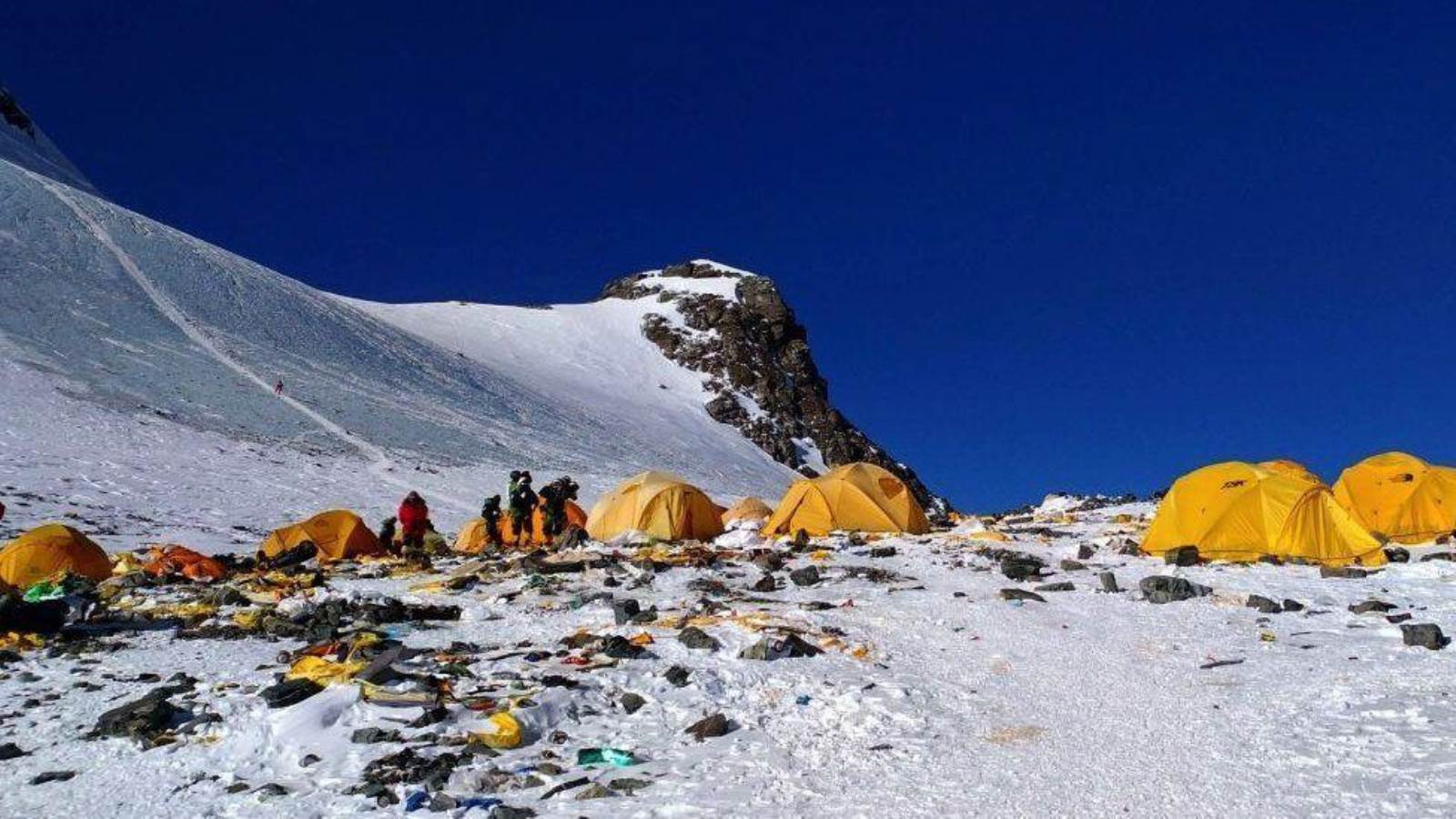
'OPEN TOILET'
Chhiring Sherpa, president of the non-governmental organization Sagarmatha Pollution Control Committee (SPCC), says, "Waste, especially at high camps that you cannot reach, continues to be a big problem."
Although there is no official figure, the organization estimates that there are about three tons of human feces between the first camp at the base of Everest and the fourth camp towards the summit. Chhiring believes, "Half of it is believed to be at what is known as the South Col, the fourth camp."
Mountain guide Stephan Keck, who organizes expeditions to Everest, notes that South Col has gained a reputation as an "open toilet." South Col, at an elevation of 7,906 meters, serves as a base for climbers trying to reach the summits of Everest and Lhotse. The area is very windy. Keck says, "There's almost no ice and snow, so you see human feces everywhere."
For the climbing season starting in March, the SPCC has procured about 8,000 feces bags from the USA for an estimated 400 foreign climbers and 800 support staff. These bags contain chemicals and powders that solidify human feces and make it odorless. On average, a climber produces 250 grams of feces per day. They usually spend about two weeks at high camps for a summit attempt. There are suggestions to start this practice on Everest as a pilot project and then apply it to other mountains.
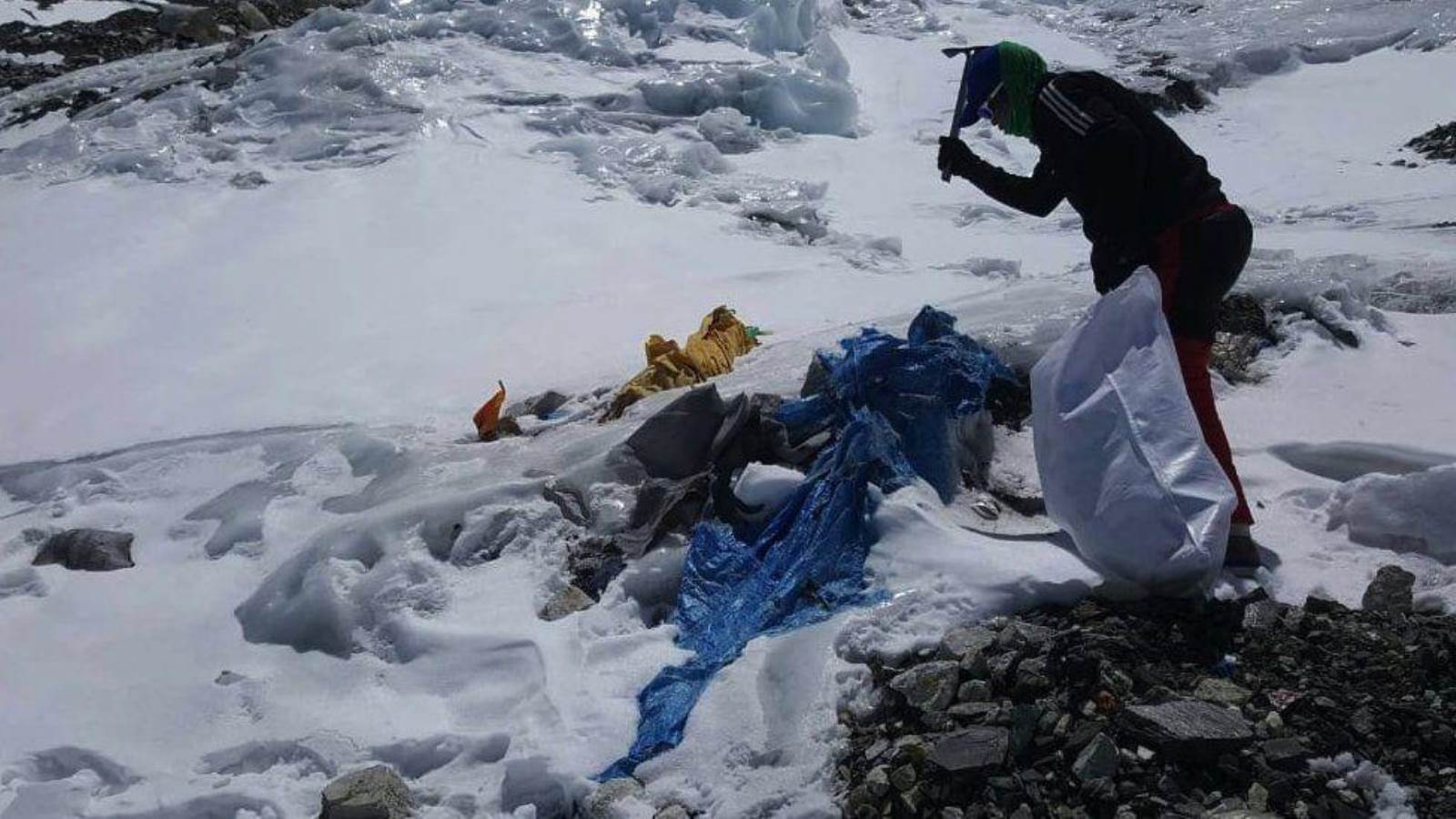
Mingma Sherpa, the first Nepali to climb all 14 mountains above eight thousand meters, said the use of such bags for managing human waste has been tried and tested on other mountains. Mingma, also an advisor to the Nepal Mountaineering Association, said, "Climbers use these types of bags on Mount Denali (North America's highest peak) and in Antarctica, so we advocate for this too."
There are criticisms that Nepal's central government has introduced many mountaineering rules in the past but has not implemented many of them properly. Pasang Lhamu municipality mayor Mingma said, "The state was always lacking at the base camps, leading to all kinds of irregularities, including people climbing our mountains without permission," adding:
"Now everything will change. We will set up a liaison office and ensure the implementation of our new measures, including making sure climbers bring back their feces."
Most Read News
-
 Trump administration deploys 2,000 federal agents to Min
Trump administration deploys 2,000 federal agents to Min
-
 Venezuelan opposition leader says she dedicated Nobel Pr
Venezuelan opposition leader says she dedicated Nobel Pr
-
 Malaysia’s 100-year-old ex-Premier Mahathir hospitalized
Malaysia’s 100-year-old ex-Premier Mahathir hospitalized
-
 Seasonal flu activity continues to increase in US: Repor
Seasonal flu activity continues to increase in US: Repor
-
 Far-right ideology increasingly visible in Germany’s dai
Far-right ideology increasingly visible in Germany’s dai
-
 Lebanese president says army implementing government mea
Lebanese president says army implementing government mea
-
 Central African Republic President Touadera wins 3rd ter
Central African Republic President Touadera wins 3rd ter
-
 Venezuela not to have new elections in next 30 days: Tru
Venezuela not to have new elections in next 30 days: Tru
